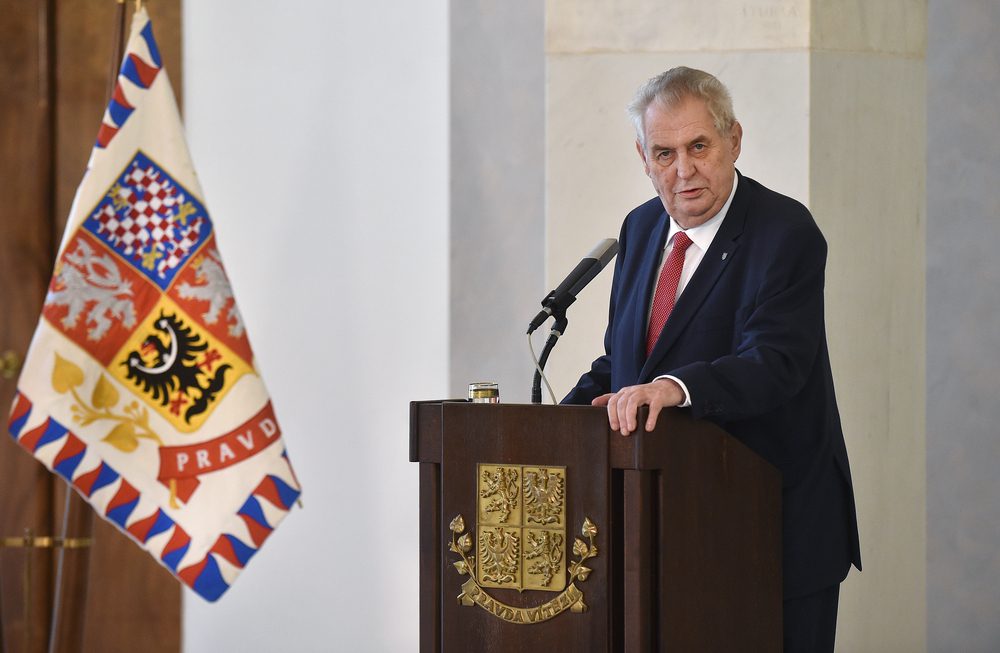
The Czech Republic is holding the rotating presidency of the European Union until December 31 and is simultaneously preparing to find a successor to the current president Miloš Zeman in January 2023.
The first round of the election will be held on January 13th and 14th and will see the nine candidates compete, all of whom have had their candidacies validated by the ministry of the interior. To do so, they had to gather the sponsorship of at least twenty deputies, ten senators, or 50,000 citizens. If none of them receives an absolute majority of votes, the second round will be held a fortnight later, on January 27th and 28th 2023.
Three candidates are currently the favourites in this election. Leading the field is former finance minister and ex-Prime Minister Andrej Babiš, who was in office from 2014 to 2021. Babiš is heading his own liberal-conservative-leaning formation, which he launched in 2011—ANO (‘yes,’ in Czech, but also Akce Nespokojených Občanů, or Action of Discontented Citizens)—and is considered to be quite close to the position of Prime Minister Viktor Orbán. Like the Hungarian prime minister, he has spoken out in the past in favour of a policy of boosting the birth rate and controlling migration flows, as he did at the demographic summit in September 2021 in Budapest. He is currently credited with 26-30% of the vote in the polls.
On the likely second step of the podium—still according to the forecasts made a few weeks before the election—is the economist and academic Danuše Nerudová, head of the Institute of Accounting and Taxation at Brno University. Relatively young—she is 43 years old—she is both an intellectual and technocratic figure and is campaigning on “change.” She is polling between 23% and 28%. Her numbers have been steadily increasing for several weeks, and for the first time, a poll published on December 9th showed her ahead of Andrej Babiš and winning against him in a second round.
The third man is the former general Petr Pavel, who oscillates between 23 and 27% of the vote. He was successively chief of staff of the Czech army (2012-2015) and chairman of the NATO military committee (2015-2018). A member of the Czech Communist Party in his youth, he later distinguished himself in the military operations led by the United Nations during the Bosnian War. Multilingual, he represented the Czech army in several national and international organisations before becoming a consultant after leaving the army, thus preparing for his transition to politics. His candidacy for the presidency is supported by a coalition formed by the liberal-conservative Civic Democratic Party (Občanská demokratická strana or ODS) to which the current Prime Minister Petr Fiala belongs; the Christian Democratic Party (Křesťanská a demokratická unie-Československá strana lidová or KDU-ČSL); and the small, also liberal-conservative party Tradition, Responsibility, Prosperity (Tradice Odpovědnost Prosperita or TOP 09). Although the parties supporting his candidacy are rather socially conservative, Pavel’s positioning is more centrist: he declares that he wants to take as a model the economic redistribution system in force in Scandinavian countries, and is personally in favour of homosexual marriage, contrary to the line so far defended by the ODS or the KDU-ČSL.
The gap between these three personalities is not significant enough to determine at this stage of the campaign what the outcome of the first round will be.
